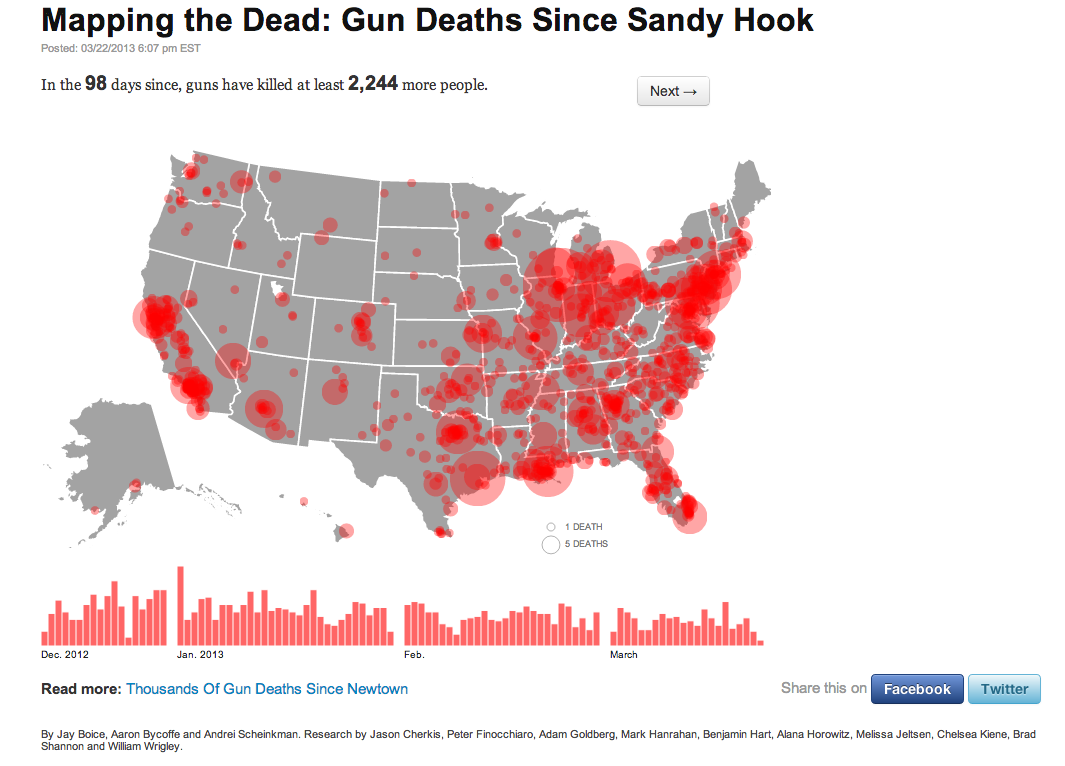Picture this: you are a young adult going to college in Boston. Maybe your parents are conservative and you have a Trump flag in your house. Maybe they aren’t, but you’ve always seen your parents as bleeding hearts. You love your country—this is the place where freedom is key. You can speak ill of your government without fear of persecution. You can stand up for your rights. But everyone around you says that America is bad. They say that, because a few hundred years ago people had slaves, we can’t love our country anymore.
All of your friends find out that your family supported Trump. Or, that you find his rhetoric refreshing relative to other sleazy politicians like that old man Joe Biden or Barack “Woke” Obama. They suddenly don’t want to hang out with you anymore. In fact, they say they hate you for believing that America is the greatest country on earth!
So, you go to the College Republicans.
The Grand Old Party, named for their support of the Union during the Civil War, was founded on March 20, 1854 in Ripon, Wisconsin. Back then, “Republican” was synonymous with social liberation and pro-big-business economics. As big business and economic prosperity (think Reagan) pushed for nationalism and a sense of nostalgia for the ‘olden days’ of America, their socio-political position switched and now Republicans are known as the “conservative” party.
A lot of young Democrats like to think that the Grand Old Party is full of old people with old values—but that isn’t true. According to 2020 voter demographics, almost one third of young voters identified themselves as Republican. And those Republicans exist right here on Northeastern’s campus.
Hard stop: my name is Rowan and I am the President of the Northeastern College Democrats. More importantly, I’m writing a column on the psychology behind ideology. I am, in this article, trying to figure out the psychological differences between Republicans and Democrats. I am not here to villainize the Republicans for their beliefs, although they are not mine. I am here to get into their heads for just a moment, so I can relay their machinations back to you.
After attending their meeting, there are two things I can say for certain about Republicans on Northeastern’s campus: they think very logically, with few passion-driven arguments, and they victimize themselves as the political minority.
That sounds harsh, but it isn’t meant to. And these are not original thoughts. Both major parties in American politics portray themselves as victims of the press. I even brought this up in the College Republicans meeting I attended, and most of them agreed: Republicans and Democrats alike villainize the other party and victimize themselves, which only strengthens the divide between them.
I saw this victim-villain perception forming itself right there in the room where they regularly meet (which I will be keeping private per their wishes). Their slides included a stolen bike count, a discussion of other crime in the area, and some political memes making fun of the “woke agenda.” One meme featured a movie poster of Tangled, the Disney movie retelling the story of Rapunzel, except she would be bald to represent people with Alopecia—clearly making fun of the new Little Mermaid movie, where Ariel is played by Halle Bailey. They also included a discussion of current events.
I wondered why they spoke so heavily about crime rates around Northeastern; is it possible that it is because Northeastern’s campus is set very close to a historically Black neighborhood and that this is an example of fear mongering? I would ponder that the Republicans would see that as a leap in logic—I’m not trying to put words in their mouth, but I assume they would say “now you’re just looking for ways to make us the bad guys!”
They are too focused on a fear of being villainized to see that, even unintentionally, reminding their members that they are unsafe around campus is subliminally telling them that they are not safe in a historically Black neighborhood. This same thing could be said for a conversation we had on representation (i.e. Native American names on sports teams or characters on popular foods like Aunt Jemima’s or Land of Lakes). They cared a lot about defending their position on things, and not discussing what that position actually was.
That all being said, I’ve never had a more rational discussion of politics than I did that one specific meeting. There was almost no emotional aspect to their arguments. They were more methodical in their approaches than Democrats—which has neurological backing. They talked about international and national politics without much of a visible bias in either a conservative or liberal direction. They obviously care very greatly that they not present themselves as a raging mob of conservatism, which made them easy to talk to. When I couldn’t take it anymore and admitted that I was pro-choice in a discussion of abortion, they were welcoming of different ideas, which I know is not always true of other groups on campus.
They talked extensively about life-at-conception, which seemed to be the reigning mindset. They even said (and I wrote it down, so this is verbatim): “honest libs and biologists are agreeing that life is at conception.” I consider myself an ‘honest lib’ and let me tell you, that is not my belief. I think the person who said it may be referring to this article. I found that information as surprising as when one member of the club said that they knew of a baby who survived being born after just 14 weeks in the womb. I won’t speak on the validity of these arguments because I am not an expert, but there is evidence to the contrary if you’re interested.
I do not wish to spend too long focusing on my personal beliefs as opposed to theirs, but I would like to commend them for not jumping down my throat. Did they try to refer to my beliefs as ‘eugenics’ and scoff and shake their heads a little bit? Yeah, and I assume they would receive a similar treatment if they attended a left-leaning meeting. But as long as I stayed calm, so did they—and I have the utmost appreciation for them for that reason.
The psychologist in me was most fascinated by how fundamentally different I, as a liberal person, was to them. Conservatives and liberals could attend the same movie and leave with completely, unpredictably, different ideas of what that movie was trying to convey. In fact, as I walked home, I couldn’t shake it: they were conservatives to their core, and everything they watched or read was impacted by that. It made me wonder… is that true of me as well?
If I could, I’d have assigned each of them to take the MBTI personality test (which has little psychological standing but is both fun and educational). I’m interested in seeing if they all have similar personalities to each other, and if those results are incredibly different from mine. I’m an ENFJ, by the way. I’d be eager to see their results for that second letter—the N for intuition vs S for sensing, which I would argue is the most important letter of those four as it determines how we view the world around us. In theory, those with the “S” trait are more likely to remember facts and figures, specifically those that impact them. Those who use intuition instead will remember the impression or the feeling they experienced when they learned the fact. I’d also love to administer an OCEAN personality test, which would show me what level they had of openness, conscientiousness, extraversion, agreeableness, and neuroticism. As one of the most substantiated personality tests, it would be fascinating to see the results of both conservatives and liberals.
My takeaway is that conservatives are not necessarily bad people. They are not uneducated, and they are not illogical. They can view the same facts and figures that Democrats do, and make their own assessment, which is fundamentally different—at a psychological level.
When a Democrat reads the news, they have a certain interpretation of things. For example, they may see “a Black man running in the street was gunned down by racist, conservative men thinking he was escaping a crime.” A Republican will see the same news article, but read it as “Neighborhood watch accidentally shoots Black man seen running from crime scene.” The Republicans are identifying the victim of the crime as the neighborhood watch, not the Black man, and the Democrats are doing the opposite.
Perhaps both are biased. That is not for me to say—whether one is more accurate than the other. But it does indicate a pattern to me about how Republicans may see themselves in a world full of Democrats.
Most of all, Republicans are afraid. That is why the College Republicans hide their meeting from other people, it is why they recently got a new Slack account, and it is why they can come across as bigoted. It is why they talk about crime so much in their meetings, and it is why I was so surprised when they were welcoming and kind to me.
I wonder if the College Republicans truly feel less safe around campus, and that’s why they talk about crime so much. I wonder if they feel more logical than Democrats because they are neurologically more methodical than liberal-minded people.
Maybe we can’t always get along. Maybe liberals and conservatives actually are wired differently. If you are unsure where you want to identify, I really do recommend you attend one of their meetings, as well as one of the Northeastern University College Democrats’ meetings (shameless plug)!
Conservatives and liberals are not necessarily bad people. I sincerely recommend checking them out (and taking those personality tests). Republicans and Democrats are different from each other—different to their core in a way that I have always known, though never understood—but if we look at ourselves as villains and victims, that divide will only grow.



